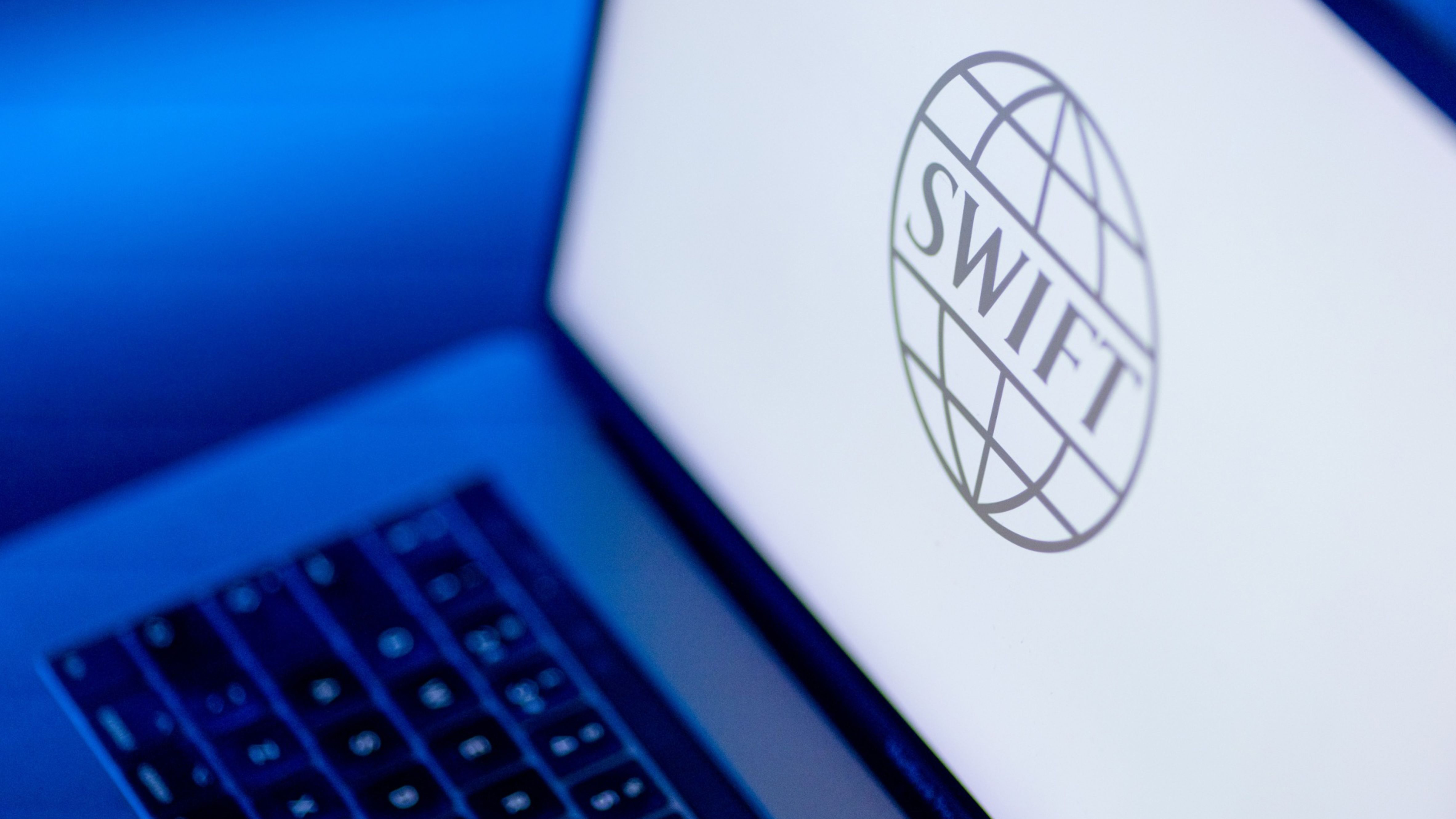
Removal of Russian banks from Swift will not cause serious disruptions to the country’s lenders. Burhan Khadbai reports.
The proposed removal of selected Russian banks from the Swift financial messaging platform in response to the country’s invasion of Ukraine can be easily side-stepped, according to industry experts.
“Swift is a platform that moves data from one party to another,” says Peter Klein, chief technology officer at treasury platform provider, FinLync. “There are other ways to move that data. Before Swift, it was done by telefax and over the phone and, in fact, that still happens today. So, by disabling one automated channel, there are still other channels to send that data.”
Mr Klein notes that Russians can still make payments to foreign banks operating in Russia. “If you want to block every financial transaction from Russia, you have to tell every bank to stop doing transactions with Russian banks,” he notes. “But that is out of Swift’s hands – it’s powerless to stop payment transactions.”
Charles Delingpole, founder and chief executive of ComplyAdvantage, a regulation technology company, explains that there are two competing, albeit smaller mechanisms that Russian banks can use to circumvent Swift – China’s Cross-Border Interbank Payment System (CIPS) and Russia’s System for Transfer of Financial Messages (SPFS). “The worry is that while we can see what’s happening now with Russian banks under Swift, we will have no idea what’s happening under CIPS or SPFS,” he adds.
It is also important to note that the proposed Swift ban does not affect the whole of the Russian banking industry. Instead, specific banks are being sanctioned, such as Sberbank and VTB Bank. “Sberbank has a 30% market share for domestic transfers in Russia, while VTB is the primary weapons bank in Russia,” Mr Delingpole notes.
There is no clarity on which Russian banks could be removed from Swift, but it could affect up to 20 Russian lenders (including their subsidiaries) with Swift Business Identifier Codes that have been sanctioned since the invasion of Ukraine that have, according to data compiled by ComplyAdvantage.
Several Russian lenders did not respond to a request for comment when contacted by The Banker.
In a joint statement published on February 26, the leaders of the European Commission, France, Germany, Italy, the UK, Canada and the US said they were committed “to ensuring that selected Russian banks are removed from the Swift messaging system”.
“This will ensure that these banks are disconnected from the international financial system and harm their ability to operate globally,” it continued.
Swift acknowledged the joint statement and said it was “engaging with European authorities to understand the details of the entities that will be subject to the new measures and we are preparing to comply upon legal instruction. Any decision to impose sanctions on countries or individual entities rests solely with the competent government bodies and applicable legislators … Being incorporated under Belgian law, our obligation is to comply with related EU and Belgian regulation.”
Swift has previously removed banks from its financial messaging platform. In March 2012, Swift disconnected EU-sanctioned Iranian banks due to the company following EU law; most of the affected banks were later reconnected to Swift in January 2016. In 2017, Swift removed UN-sanctioned North Korean banks from the network, in response to Belgian authorities’ request.
Update: The EU has identified seven banks that will be excluded from Swift as of March 12th: Bank Otkritie, Novikombank, Promsvyazbank, Bank Rossiya, Sovcombank, VEB and VTB Bank.


